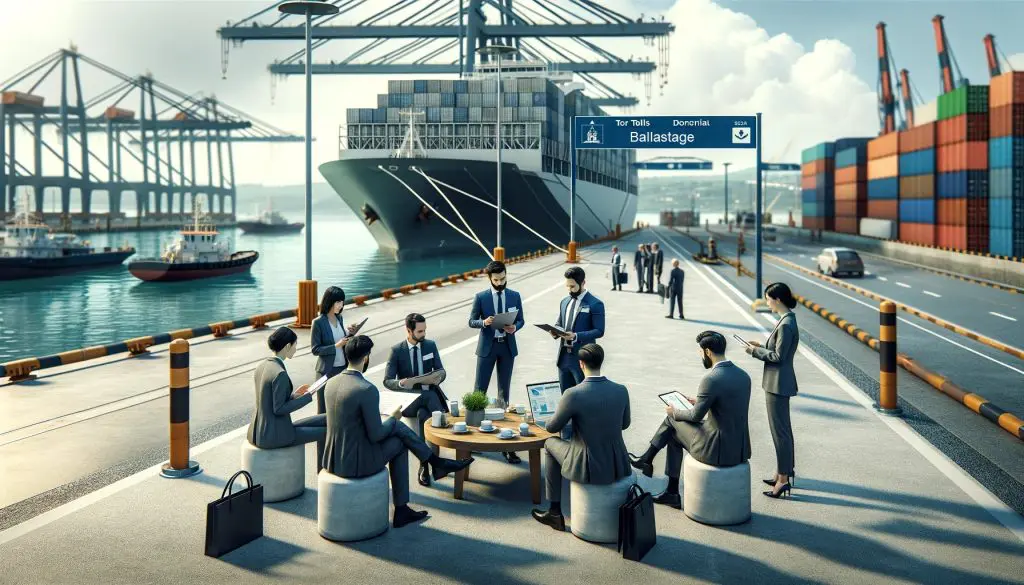In the multifaceted world of maritime law, ballastage stands as a unique and somewhat lesser-known concept, yet it holds significant importance in the legal and operational aspects of maritime activities. The term refers to the toll paid for the privilege of taking up ballast from the bottom of a port or harbor. This article delves into the intricacies of ballastage, unraveling its legal, historical, and practical implications in the maritime industry.
Ballastage is rooted in maritime law, a specialized field of law that deals with nautical issues and private maritime disputes. The concept arises from the property rights inherent in the soil of a port or harbor area. In historical contexts, ballastage was a notable source of revenue for port authorities and played a crucial role in the economic sustenance of port operations.
Understanding ballastage requires a deep dive into the nature of ballast itself. Ballast is material, traditionally stones or water, used to stabilize ships, especially when they are not carrying cargo. It is essential for the safe operation of ships, helping to maintain stability and structural integrity during voyages. However, the process of taking up ballast from a port can have significant environmental impacts, potentially disrupting the seabed and marine habitats.
The legal framework surrounding ballastage is not just limited to the payment of tolls but extends to environmental regulations. Modern maritime law, in line with environmental conservation efforts, often regulates the type and manner of ballast usage. This is especially pertinent in the context of preventing the spread of invasive aquatic species, a major environmental concern associated with ballast water discharge.
Internationally, the regulation of ballastage and related activities falls under the purview of the Organización Marítima Internacional (IMO), which sets global standards to ensure maritime safety and environmental protection. The IMO’s guidelines and conventions, such as the International Convention for the Control and Management of Ships’ Ballast Water and Sediments, play a pivotal role in shaping the legal landscape of ballastage.
In many countries, national maritime laws complement international regulations, often incorporating stricter standards and guidelines. For instance, in the United States, the National Invasive Species Act governs the management of ballast water, aligning with IMO standards to curb the spread of invasive species. Compliance with these laws is crucial for maritime operators to avoid legal repercussions and contribute to global environmental conservation efforts.
The economic aspect of ballastage should not be overlooked. The tolls associated with ballastage can constitute a significant part of the operating costs for maritime companies, especially those involved in international trade. This financial aspect intertwines with legal compliance, as failure to adhere to ballastage regulations can result in hefty fines and legal disputes.
From a practical standpoint, ballastage also involves logistical considerations. Maritime operators must plan their voyages with an understanding of ballastage regulations in different jurisdictions. This includes knowing where and how to acquire ballast legally and in an environmentally responsible manner.
In conclusion, ballastage, though a seemingly narrow aspect of maritime law, encapsulates a range of legal, environmental, and economic issues. It exemplifies the complexities of maritime operations and underscores the importance of legal compliance in the shipping industry. As global trade continues to expand and environmental concerns gain prominence, the role and regulation of ballastage are likely to evolve, further cementing its significance in maritime law.
Fuentes:

